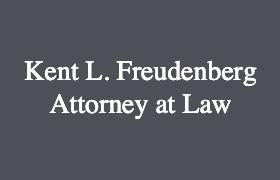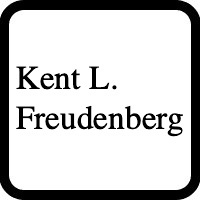Elbert Landlord-Tenant Lawyer, Colorado
Sponsored Law Firm
-
 x
x

Click For More Info:
-
Kent L. Freudenberg, Attorney at Law
115 East Las Animas Street Colorado Springs, CO 80903» view mapDivorce & Family Law Competent Legal Representation
Let the law office of Kent L. Freudenberg, Attorney at Law handle all your Divorce & Family Law needs today!
800-881-7201
Geoffrey Frazier
Landlord-Tenant, Natural Resources, Civil Rights, Corporate
Status: In Good Standing Licensed: 13 Years
Geoffrey G. Frazier
Landlord-Tenant, Natural Resources, Civil Rights, Corporate
Status: In Good Standing Licensed: 13 Years
Timothy Mccutcheon
Foreclosure, Landlord-Tenant, Litigation, Personal Injury
Status: Inactive Licensed: 29 Years
 Kent Freudenberg Colorado Springs, CO
Kent Freudenberg Colorado Springs, CO AboutKent L. Freudenberg, Attorney at Law
AboutKent L. Freudenberg, Attorney at Law
